2020, the year of disruption: Climate Crisis – COVID19 – Racial Justice #BlackLivesMatter
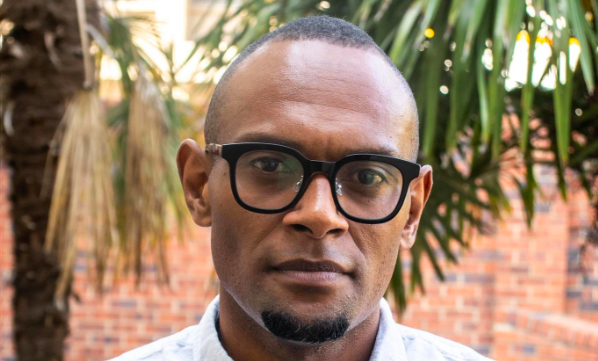
I normally jot down my thoughts on paper as a way of clearing my head with the hope that I can decompress all that I’m feeling – this is that. I have never experienced anything of the same magnitude as what we are currently going through. 2020 is the year of disruption. The year for change. The year to change.
The climate crisis will continue to be the biggest fight for humanity’s survival – there is science behind this, there are stories of millions of people facing this reality every day, there are powers fighting for the currency of influence, there is a rising revolution fighting the system, and there are those that have taken matters into their own hands because they are tired of waiting for humanity to be delivered out of this darkness. I have learnt to be resilient through this emotional turmoil because of the work I do for Greenpeace.
The COVID-19 pandemic is an intervention to the already broken system. It is a wake-up call that has shaken every pillar of our society and our way of life unlike anything I have ever experienced. The vulnerability of the international liberal world and the broken political and economic system as we know it are now fully exposed. Exposed for the greater good. Exposed for great imaginations of how humanity can recover. Exposed to a new normal that absolutely cannot be the normal we lived in only a few months ago. I recently pursued my Postgraduate studies in International Diplomacy and Governance and I have circled what I know in my mind like a vulture searching for prey, going with the wind and not knowing where I will end up. Yet I am content because I believe a new society can emerge where we can live in harmony with each other and the natural world.
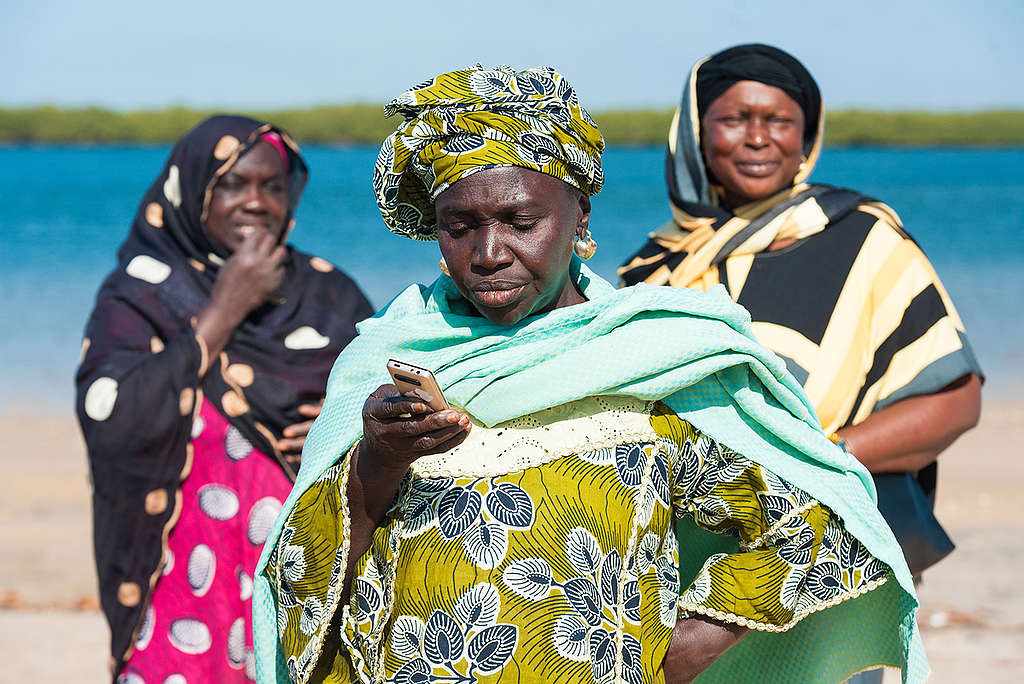
From what I’ve learnt, seen and experienced I know two things for sure:
- Our narrow understanding of humanity’s security has to be expanded. Human rights abuses like we’ve seen recently across Africa, in the Middle East, in Hong Kong, and in West Papua have to stop. Soaring poverty levels across nearly half of the world’s population because of the pandemic simply cannot be accepted. Disease outbreaks that put the world to a stop as COVID-19 has done mean we have to be prepared. The rate and proportion of natural disasters will only increase and we cannot expect political decisions to mitigate these threats or give us the security to adapt. Humanitarian challenges like migration, wars, conflicts, human trafficking, extremism, child abuses, women abuses, minority segregation to name a few should force us to balance the system of equity and power.
- Social stability and the protection of environmental boundaries are the cornerstones of the new normal. This cannot be compromised!
The gruesome and inhumane murder of George Floyd in the US has seen a surge of global protests demanding racial justice and an end to oppression, and voices screaming out that all lives can’t matter until #blacklivesmatter. Systemic racism and inequity that arises from it are so ingrained in the systems of power, politics, education and the economy. It has been challenged countless times but somehow we still have not wiped this cancer from society.
(Read the Greenpeace Africa board’s statement in support of Black Lives Matter)
I have been emotionally drained by this injustice and while my heart and soul are in this fight, I’m struggling to find light out of this atrocity. There is one thing that I’m contemplating and that is the power of individual choices. This is the beginning of this personal journey that I want to start fresh with from this day onward as I give myself back hope and restore my belief that justice will prevail and humanity will thrive.
I’ve gone through all the possible scenarios, technical and scientific, to see a way out of this broken system. Unfortunately, I hit a dead end every time. The system we live in is designed for competition and not collaboration – pure and simple. The system allows the elite to thrive and the less fortunate to suffer and slide into despondency. The system values power, unbalanced trade and money over human life.
Systems change is indeed the answer! Leapfrogging from the current political and economic system to reconfigure itself in time or for innovative models of change to have enough force to create a snowball effect big enough to change society is not going to cut it. Only when people change, people as part of society is when this system change we are seeking is possible.
I’ve thought deeply about mindset change and aspirations of social and communal living. I come from an island in the middle of the South Pacific Ocean – Fiji, where we can (can being the operative) still live in harmony with our land, with our ocean, with our traditions and customs. I consider myself lucky for my upbringing mainly because I experienced different governance systems as part of how our society is structured. This was way before I was educated and even knew the term ‘governance’.
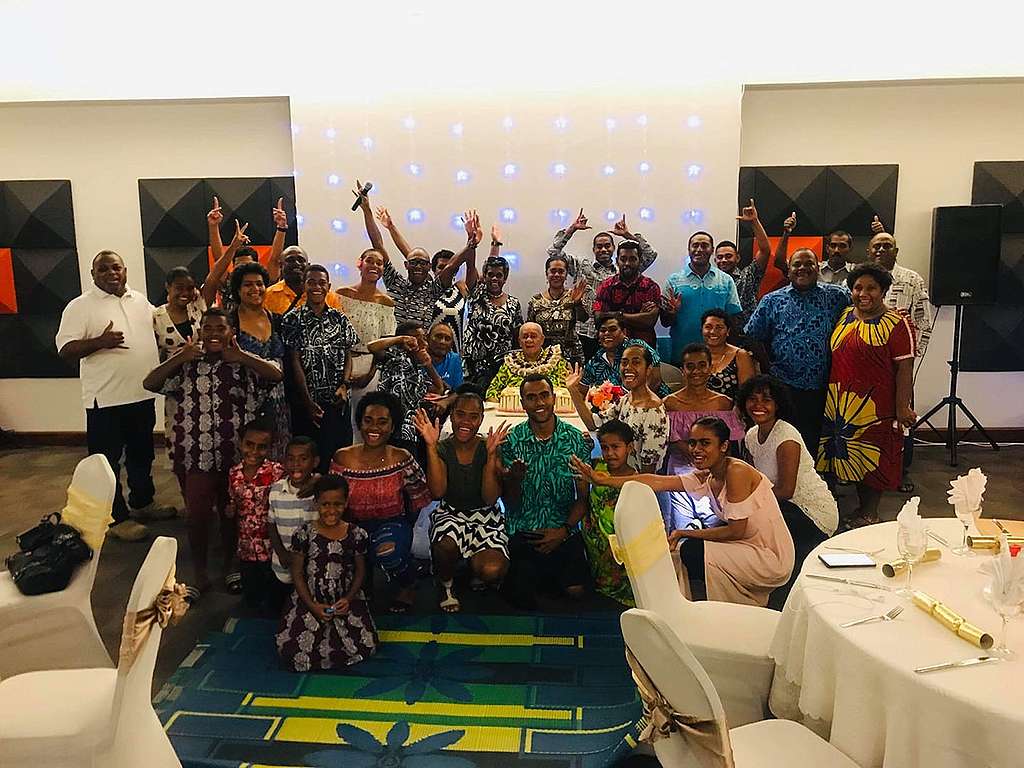
We value family where you hardly see individualism as a way of life, we live with our extended family where there is order and structure to how we relate with each other, we live in a village setting where we have formal traditional structures and every family has a role to play by birth right, we live in confederacies where mutual interests are aligned amongst the nobles and we have a democracy which continuously fails our people, by default of its set up, its currency, its politics and economics. I’m not saying that this is the ideal model.
When I try and reconcile the current broken system and what the future could look like, I have hope that there are societal norms and practices that can be shared and preserved as we start to imagine what world we want to live in.
I want to imagine a world where there is:
- No bias: imagine if there were no biases attached to being black, white, Asian, European, gay, a person of colour, trans and so forth. The very fact that we are conditioned to use these labels in our everyday language gives it agency. The very fact that our institutions give it prominence by default stimulates a narrative that there is a problem or that it needs special attention. Society has a way of limiting the way we see others before we can make those decisions for ourselves.
- No categorisation: imagine if there were no such things as developing countries, small island states, classes of society, rich, poor, white collar, blue collar etc. Imagine the kind of conversation we could be having without these categories where we put every possible situation in a box!
- No value on human life: imagine if being human is enough, full stop.
- No competition: imagine if we are not continuously measuring and aspiring to a quality of life that is about having more things, bigger things, titles, promotions, how much wealth you have accumulated and the amount of money you have in your bank account.
Believe it or not, whether we work for a non-governmental organisation, government, the corporate sector, the rules and structures in which we operate are a mirror of the exact broken system we are fighting against. I know how hard this might be to accept. I recently faced this straight on where staff members called for eliminating institutional racism and demanded for equity and equal opportunity that forced me, in a way, into this deep thinking process.
Wherever we live in the world, and in whatever units (whether it be our families, friends, or colleagues), we speak the language of this broken system.
If the way we treat each other is a mere competition of intellect, professional supremacy, values or quality of life, we are continuously supporting the very foundation this broken system is built upon.
The education system at large teaches us fear of survival and failure, it speaks of the history of those that have absolute power as a benchmark, it curates absolute hierarchy and it creates a divide with achievements, grades, qualifications and titles as measures for success.
I want to put forward a worthy challenge – to win this war on humanity we must change our mindset and the very fabric of our society, which is living proof of the very system we want to change. Our very reason for existence and how we coexist needs to be the topic of conversation!
And I want to start us off on this conversation as I begin this journey.
Can you imagine a world where we can collaborate? Where there are no labels and categories? Can you imagine asking the United Nations and other political institutions to change their very governing rules where it already puts our diversity into boxes? Can you imagine asking your governments to change the constitution and governing laws that place special categories and classifications of our different realities and lives?
Can you imagine a world where happiness and good health are universal currencies? Where there is no value put on human life? Where there is no such thing as privilege? Can you imagine a global movement of everyday persons demanding this and demonstrating it as a form of resistance and change? Can you imagine a global process where humanity comes together to define happiness and good health as the cornerstone for living in harmony with the natural world?
We stand at a moment in time where all of that is possible; where justice can prevail.
Lagi Toribau is the Executive Director (Interim) of Greenpeace Africa. Lagi began his journey at Greenpeace 17 years ago, as a volunteer in the Pacific in 2001. He has since worked on various issues and has held different roles and capacities in different countries
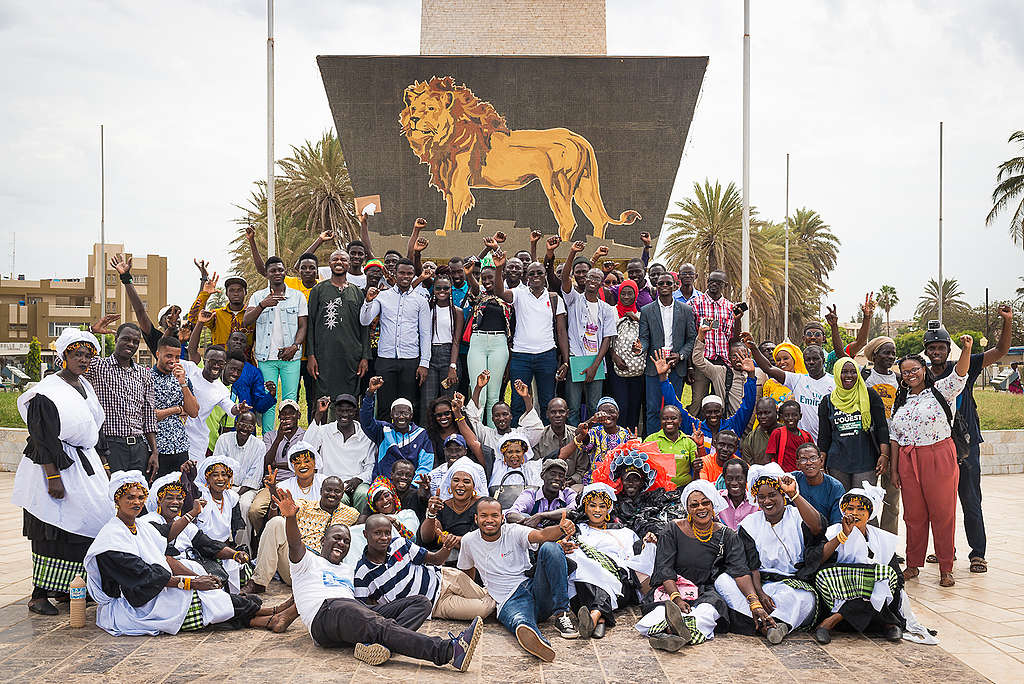

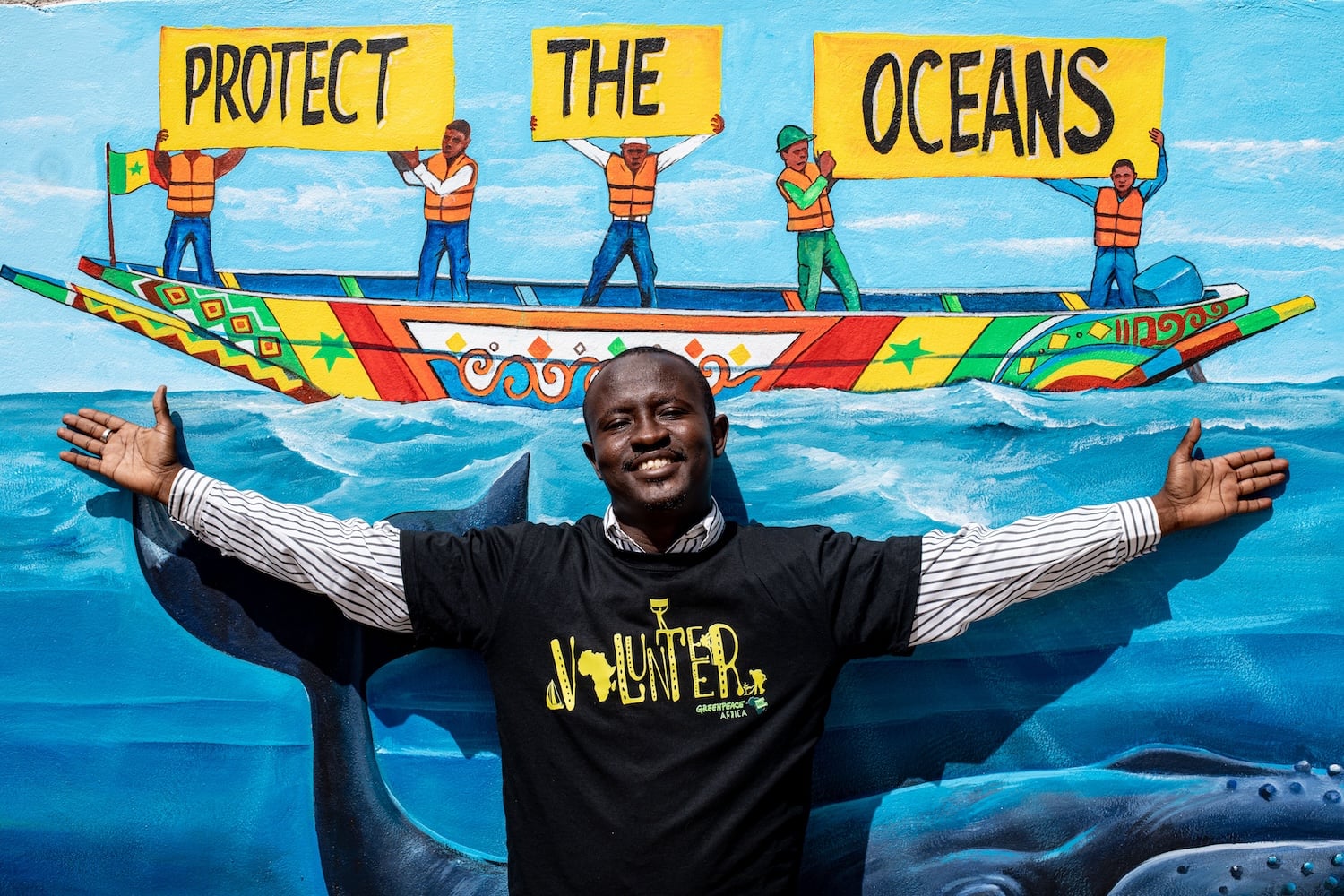
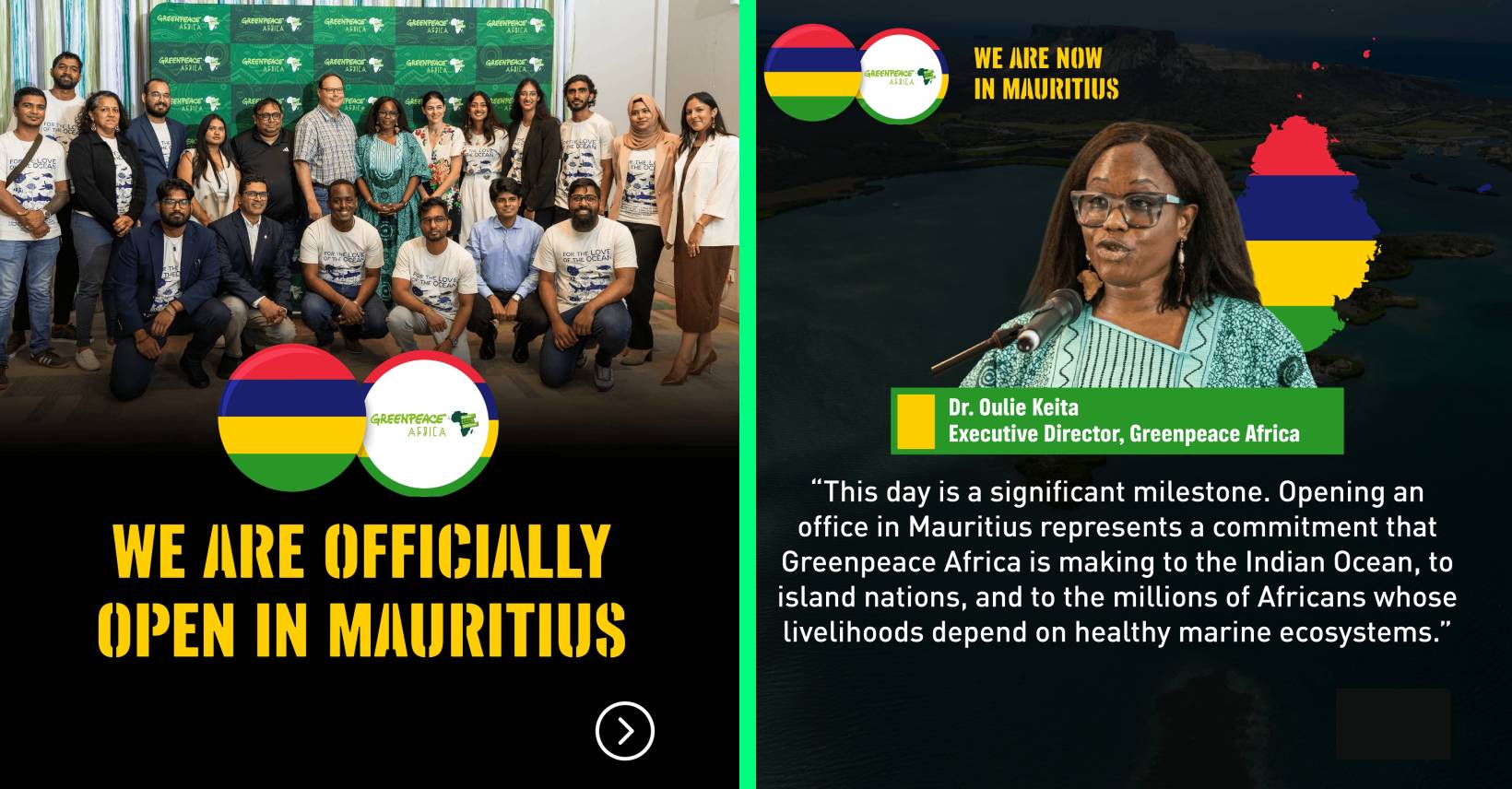
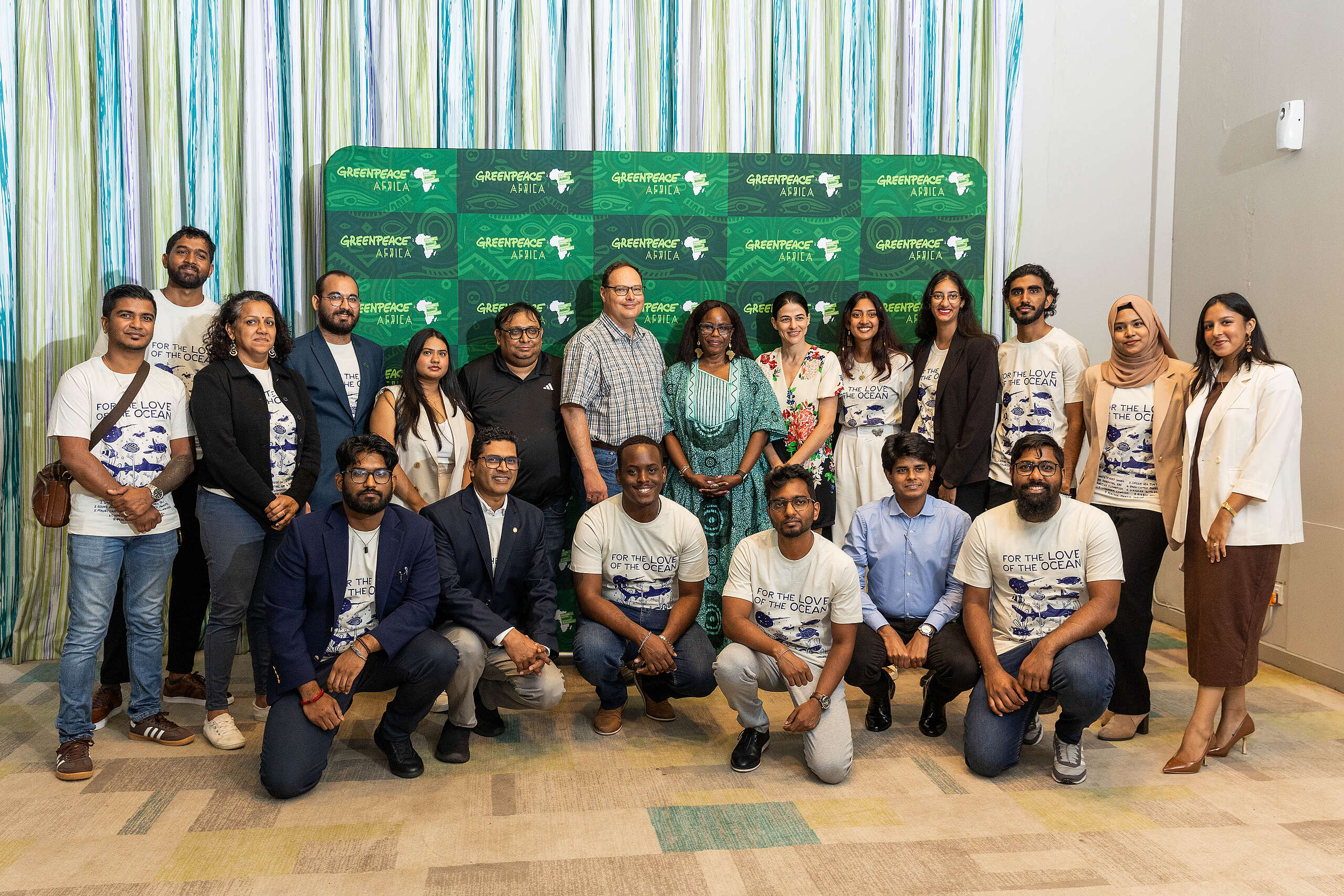
Discussion
I'm interested in learning more about your work, I'm attracted to the name/ thnaks
Hi Abdullahi, how may we assist you?
I would like to thank you for your honesty, very inspiring and insightful information which has thoroughly captivated actual events around the globe today. Thank You for advocating Honesty, Compassion and highlighting A Way Forward 👉👏👏👏👍👍👍
Thank you for your support.